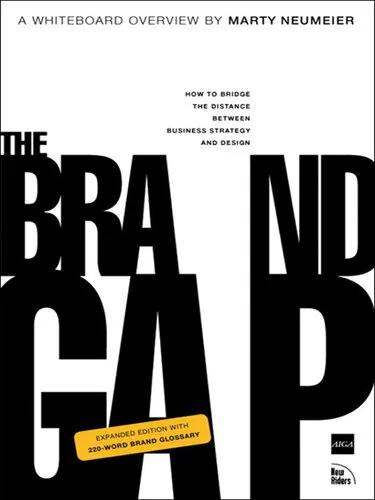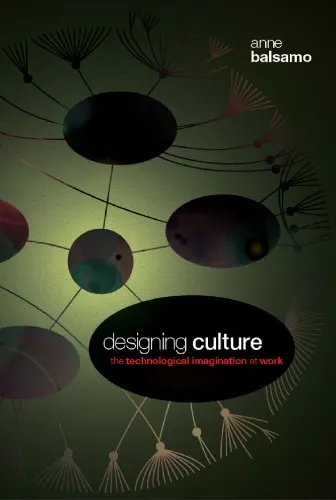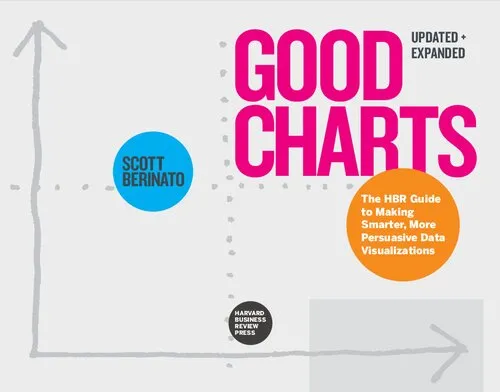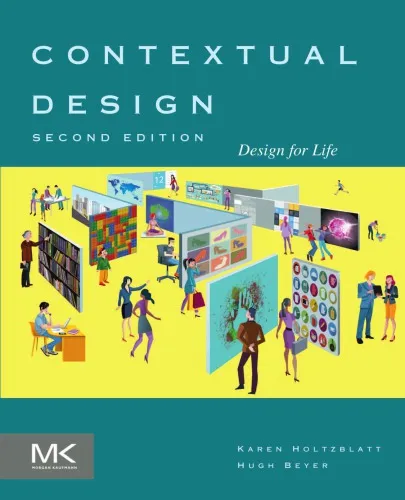Persuasive Technology: Using Computers to Change What We Think and Do (Interactive Technologies)
4.5
Reviews from our users

You Can Ask your questions from this book's AI after Login
Each download or ask from book AI costs 2 points. To earn more free points, please visit the Points Guide Page and complete some valuable actions.Related Refrences:
Introduction to "Persuasive Technology: Using Computers to Change What We Think and Do"
"Persuasive Technology: Using Computers to Change What We Think and Do" is a groundbreaking book written by B.J. Fogg that explores the intersection of psychology, design, and technology to reveal how computers and digital platforms can influence human behavior. In this book, Fogg introduces readers to the revolutionary concept of “captology,” which refers to the study of computers as persuasive technologies. This concept not only deepens our understanding of technology’s impact on society but also equips designers and developers with practical frameworks for creating more ethical and effective systems.
With a focus on real-world applications, the book provides insights into how people can be motivated or influenced through websites, social media platforms, video games, and other forms of digital tools. Whether you're a technology enthusiast, a behavioral scientist, a designer, or a business leader, this book holds universal relevance in today’s digital-first environment. Let's delve deeper into the book and explore its core principles, key takeaways, and why it matters in today’s world.
Detailed Summary of the Book
B.J. Fogg begins the book by introducing the term "captology," which stands for "Computers As Persuasive Technologies." He highlights that computers can serve as tools, media, and social actors that inherently have the power to influence users’ decisions and actions. The book is structured around Fogg's Behavioral Model, which outlines three key elements required for behavior change: motivation, ability, and triggers.
Throughout the chapters, Fogg artfully dissects how these elements interact in digital systems to engage users and persuade them to take specific actions. Examples range from online retailers nudging buyers toward purchases to apps that help people form better health habits. He also analyzes the moral implications of such systems, urging readers to consider how designs can sometimes cross ethical boundaries, leading to persuasion that feels coercive or manipulative.
By drawing from a rich array of case studies, the book bridges the gap between theory and practice. Whether it's understanding how gamification can influence engagement in e-learning platforms or how targeted notifications impact productivity apps, Fogg provides a treasure trove of actionable insights backed by years of rigorous research.
Key Takeaways
- The Fogg Behavioral Model (FBM) shows that behavior change is possible when motivation, ability, and triggers converge at the same moment.
- Understanding how persuasion works in digital systems allows designers to create products that are both ethical and effective.
- Small changes in user interface and design can have a significant impact on user behavior.
- Ethical considerations are crucial when leveraging persuasive technology to avoid unintended harm or manipulation.
- Persuasive technologies have applications in diverse fields, including education, health, business, and entertainment.
Famous Quotes from the Book
- "Designing technology to change behavior is both a science and an art."
- "Persuasion is not about getting people to do what you want; it’s about helping them achieve their goals in alignment with your own."
- "Behavior change happens when motivation, ability, and a trigger come together at the same instant."
- "The ethical use of persuasive technology requires transparency and a commitment to the well-being of users."
- "Good design isn’t just about usability; it's about creating outcomes that matter."
Why This Book Matters
The importance of "Persuasive Technology: Using Computers to Change What We Think and Do" lies in its relevance to the digital age. As technology becomes deeply entrenched in every aspect of our lives, understanding how it influences us has never been more critical. This book offers invaluable frameworks for navigating the ethical and practical challenges of building persuasive systems. It also provides businesses and developers with tools to create technology that genuinely helps users meet their needs without compromising their autonomy or well-being.
In today’s ecosystem of algorithms, apps, and automation, the ability to discern ethical persuasion from manipulation is crucial. B.J. Fogg not only illuminates how technology can change behavior but also emphasizes the responsibility designers and businesses have in using such power wisely. Whether you're striving to improve user engagement in a product or simply making sense of technology's impact on society, this book offers both theoretical depth and actionable guidance.
Free Direct Download
You Can Download this book after Login
Accessing books through legal platforms and public libraries not only supports the rights of authors and publishers but also contributes to the sustainability of reading culture. Before downloading, please take a moment to consider these options.
Find this book on other platforms:
WorldCat helps you find books in libraries worldwide.
See ratings, reviews, and discussions on Goodreads.
Find and buy rare or used books on AbeBooks.













